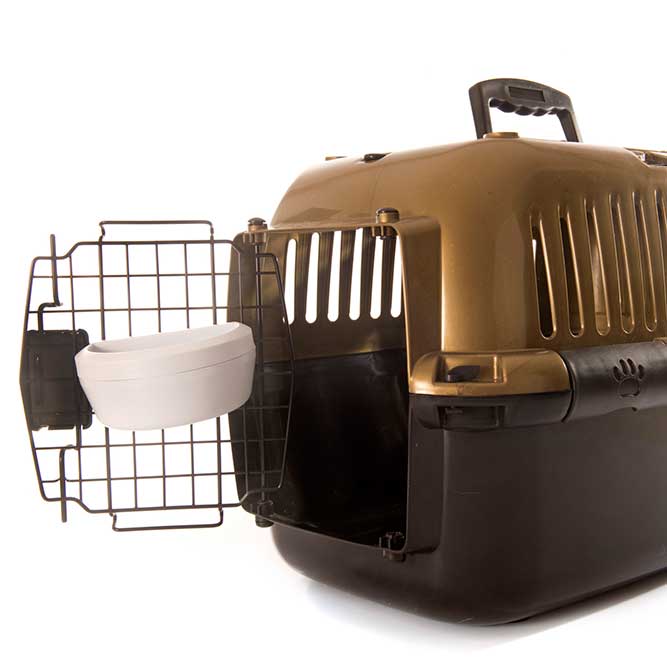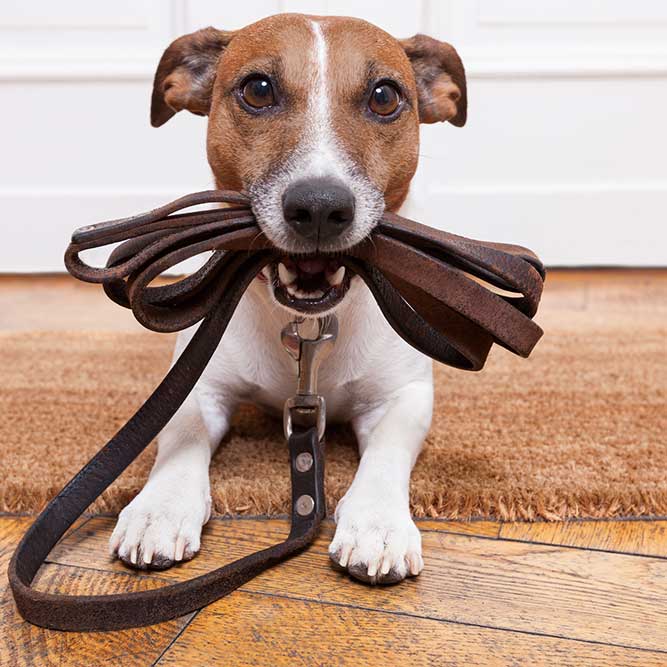Relocating with pets
Our move from the UK to South Africa (and then onto Dubai) was not an easy transition. We complicated matters further when we adopted a dog and cat in South Africa, bringing them with us to the UAE. The process of exporting our pets turned out to be the easiest, but not cheapest, thing we did when we relocated. It came in at just under £3000 with the exchange rate in early 2011.
The process
The first thing you need to do is find out if your breed of dog is allowed into the country you are planning on moving to. You will also need to check out the requirements for your visa. Most countries require that a visa is in place before the export and import process can begin, so
do not book a flight for your pets until all the paperwork is firmly in place!
Other pieces of advice I would offer include:
- When choosing accommodation in your new country, ensure ‘pets allowed’ is firmly printed in the rental contract.
- If you are moving from a country that requires you to have a visa, make sure it does not expire before you have relocated your pets.
- Join Facebook groups for pets in the country you’re moving to, you’ll find others who can recommend import companies and advise you on the countries requirements.
- Although relocating your pets is a process you can do yourself, I’d strongly recommend you use the services of a professional. They will know if your pet can travel in cargo or as extra baggage and whether it can fly unattended or if it needs a flight buddy.
- Each airline will have different requirements for the size of crate and what breed travels where and when.
Don't wait till the last minute....

The process for getting your pets ready to travel sounds complicated but there is a specific time line and once the process starts, it is fairly easy to follow:
- Ensure all your details with your vet are up to date in their books. Get your vet to stamp and sign any documentation required and confirm your pet has been neutered or spayed.
- Record your pets breed correctly. Using ‘mix’ or ‘cross’ may be rejected so if you own a Rhodesian Ridgeback Cross, ask your vet to tell you using their expertise what it is crosses with and record it in their book.
- ISO chip your pets with a 15 digit number and get it registered.
- Wait 7 days after micro chipping before having a rabies inoculation.
- After another 30 days arrange for a rabies test, this is to check your pet is free of rabies. The results of this test can take up to 2 weeks to culture.
- Make sure all other jabs are up to date and everything is signed and dated by your vet and obtain a health certificate to say they are fit to travel.
- During this time order your crates and arrange for them to be delivered 2 weeks prior to departure for crate training. Get your pets used to sleeping, eating and drinking in them. Attach a plastic pot with cable ties inside the crate for water; this will be topped up on their journey.
- Once you’ve obtained export and import permits, book your flights and arrange an appointment with the state vet, no more than 7 days before departure.
- On the day of departure, walk your dog, feed them as normal and place bedding and a familiar toy in the crate with them.
- Make sure you’ve arranged transport to the airport and it is best to use a specialist relocation company, they will provide you with the guidelines for export and import, vet requirements and ensure a smooth transition onto the plane and have documentation ready for you when they arrive.
- Put a photocopy of all your paperwork attached firmly to the crate and your contact details in your new country.
We flew into Dubai several hours prior to our dog and cat arriving, some people prefer to leave their pets with friends or in boarding and have their pets sent on once they’ve settled or one person remains in the country and follows on once the paperwork is in place. As we were on expiring visas it was a little more complicated - we had a deadline to get ourselves, our pets and our furniture out of South Africa.
 On arrival in your new country there are a few more procedures to follow…
On arrival in your new country there are a few more procedures to follow…
- Your pets will have to be seen by the state vet. Their health and paperwork (and your travel paperwork) will need to be checked. This is best done by the experts who will have assisted your relocation company with the import papers.
- Ensure your new home is pet friendly; gates shut properly and there are no escape routes such as under fences and gaps in walls.
- Your dog’s lead will be left with you when your pets are collected in your country of origin, so make sure you have that with you, food and water bowls, some treats and their usual food.
Don’t expect your pets to settle immediately, there may be a change in behaviour, eating and toileting habits and you may have to encourage them to drink more than usual, especially if moving to a hot climate.
Lastly, register with a local vet and check out the countries requirements for additional inoculations, whether tags are required and if they have to be registered in your local area.
Hopefully these tips, will make the
process less stressful for both you and your pets. Have you
moved overseas with your furry family members? Is there anything you would add? If so, please do leave a comment below.
Suzanne Scott (aka Chickenruby) blogs about expat and family life. She moved with her husband and 2 of their 5 children to Pretoria, South Africa, in 2011. After 4 years they relocated to Dubai while the children returned to the UK and were replaced with Pushkins the cat and Bob the dog. Suzanne spends her time attempting to grow things in a sand pit, fostering dogs and travelling as much as possible.
*****
Discover more
travel articles on Safestore’s
blog where you’ll find a range of topics; from holiday ideas to packing tips and more. Or, if you require storage while you’re off seeing the world we have a range of self storage options in over 100 locations – find your
nearest store for a quote today.